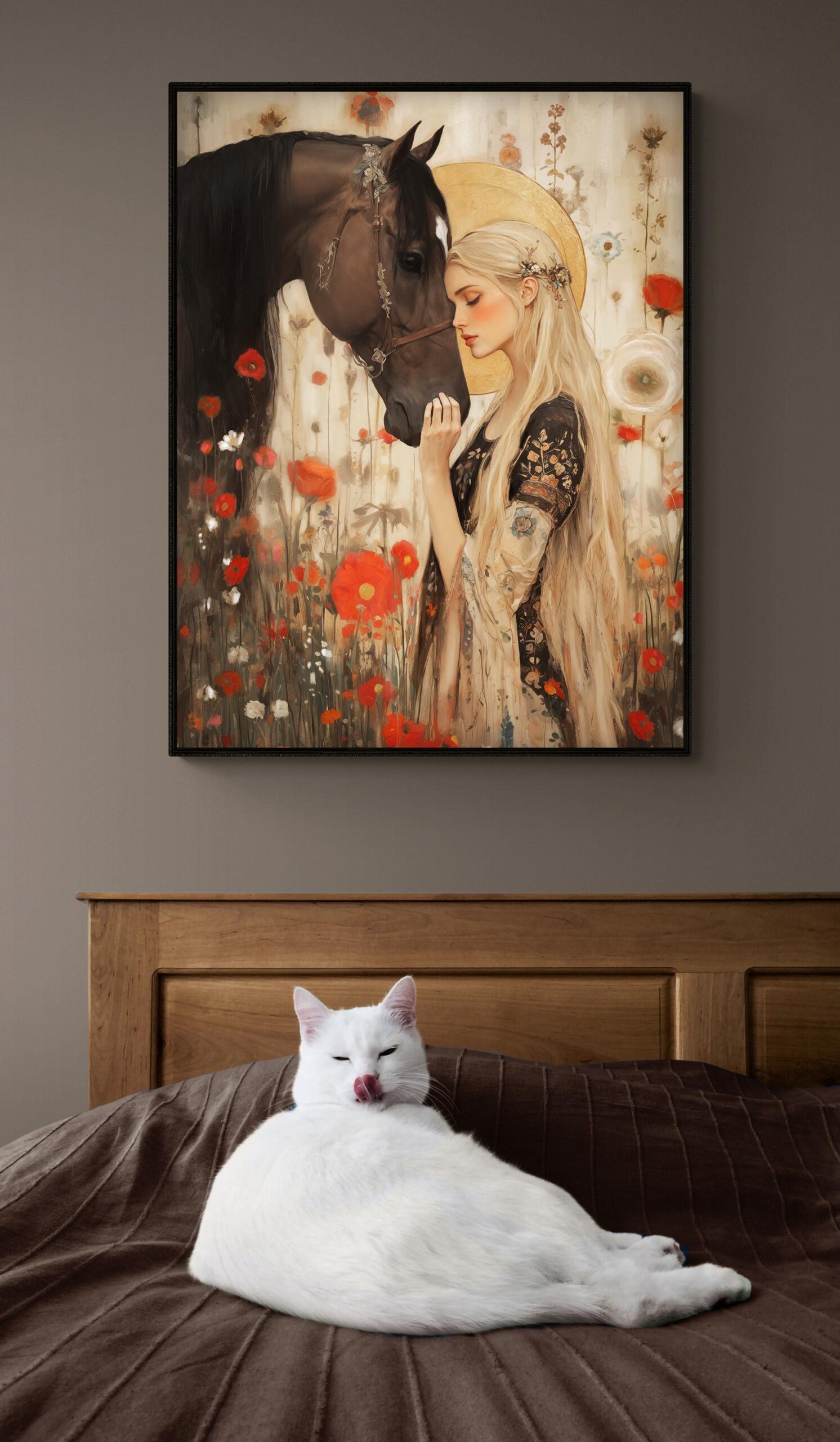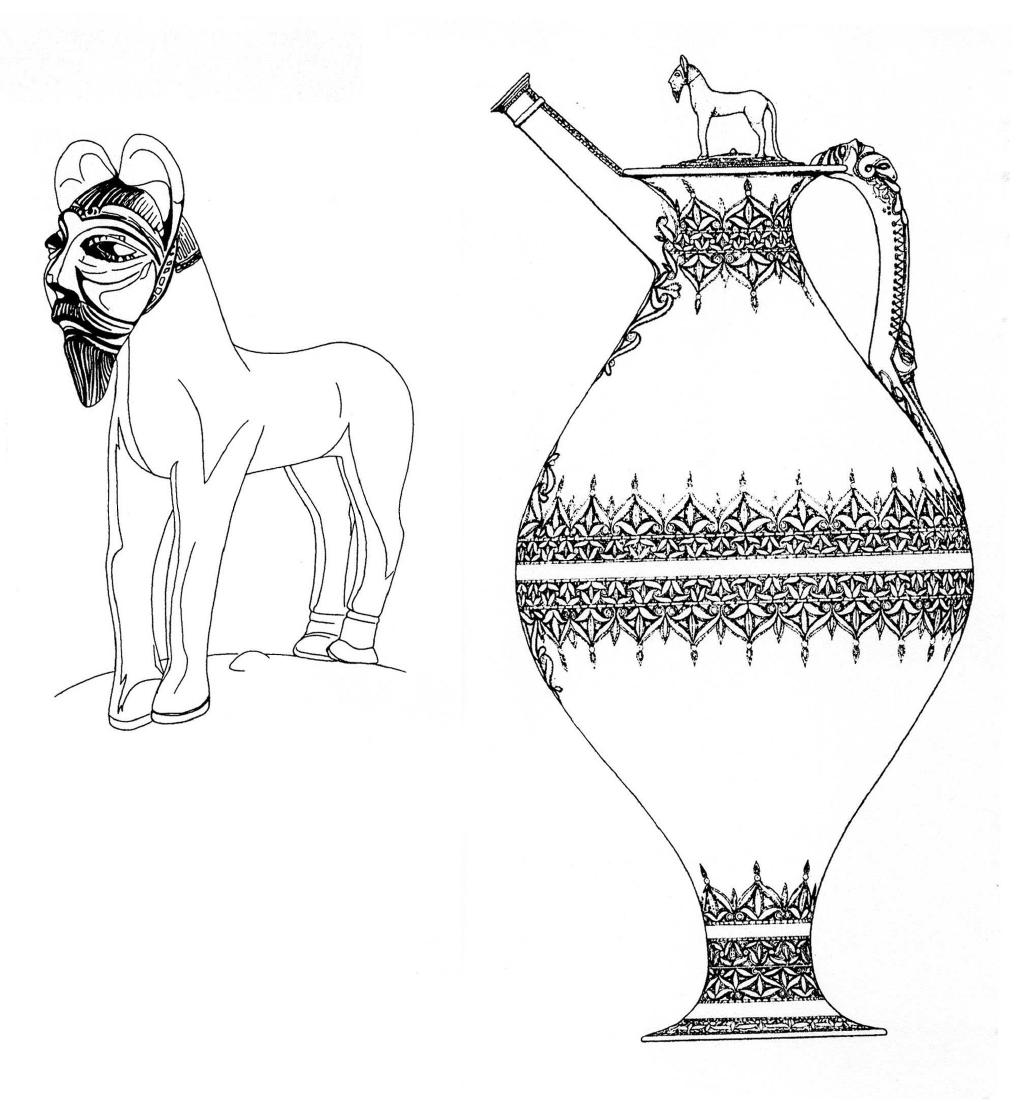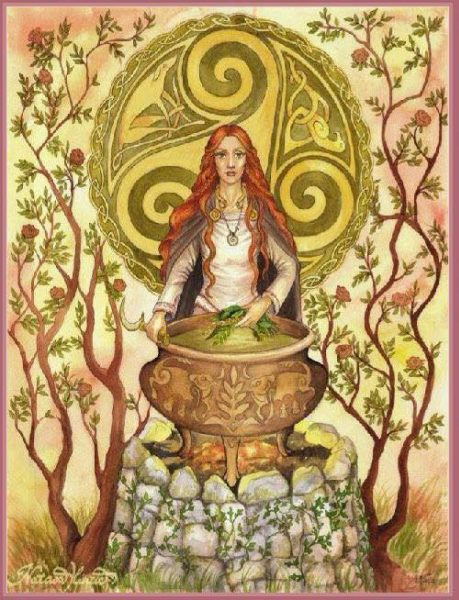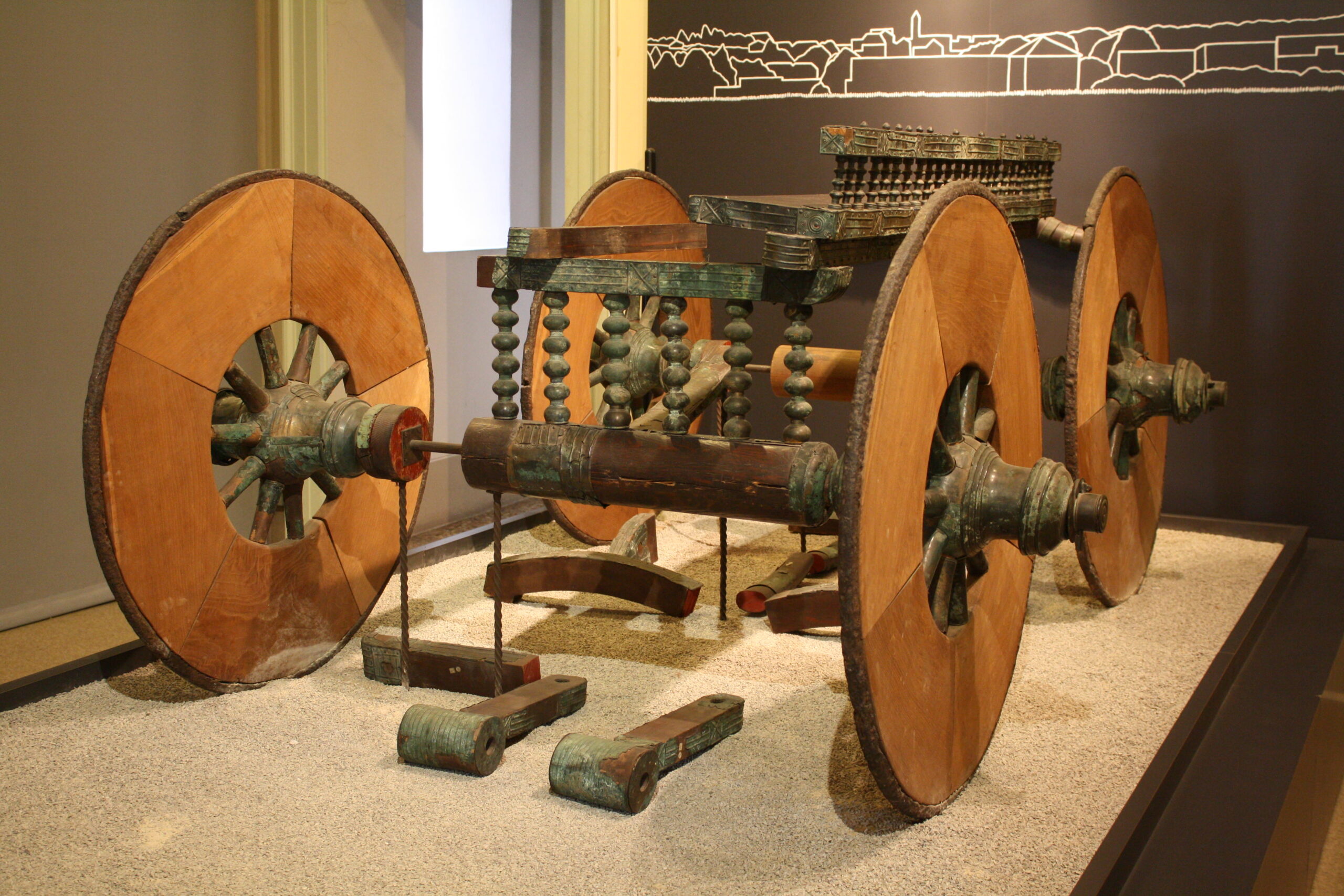Celtic Horse Goddesses and Sacred Horses

The ancient Celts held horses in high esteem, associating them with divine feminine power and sacred symbolism. Horse goddesses were central figures in Celtic mythology, embodying fertility, sovereignty, and protection. Sacred horses, often linked to these deities, were revered as mystical creatures bridging the human and spiritual worlds.
Key Celtic Horse Goddesses

| Goddess | Attributes | Significance |
|---|---|---|
| Epona | Protector of horses and riders | Widely worshipped across Celtic and Roman worlds; symbol of fertility and prosperity |
| Rhiannon | Sovereignty and magical horses | Featured in Welsh mythology; associated with otherworldly horses and transformation |
| Macha | War, fertility, and horses | Linked to the land’s sovereignty and warrior spirit; often depicted with horses |
The Role of Sacred Horses

- Spiritual Messengers: Horses were believed to carry souls to the afterlife and serve as guides between realms.
- Symbols of Power: Ownership of horses signified status and divine favor among Celtic tribes.
- Ritual Importance: Horses featured prominently in ceremonies, sacrifices, and festivals honoring the gods.
Cultural Impact and Legacy
The reverence for horse goddesses influenced Celtic art, folklore, and place names. Many ancient sites and festivals still echo these traditions, highlighting the enduring legacy of horses in Celtic spirituality.
Frequently Asked Questions (FAQ)
Q: Who was Epona and why was she important?
A: Epona was the Celtic goddess of horses, widely worshipped for her protective qualities over horses and riders, symbolizing fertility and prosperity.
Q: How did horses feature in Celtic rituals?
A: Horses were central to many rituals, including sacrifices and festivals, believed to connect humans with the divine.
Q: Are there modern celebrations of these traditions?
A: Yes, some Celtic festivals and cultural events continue to honor horse goddesses and the sacred role of horses.
This article provides a comprehensive look at the spiritual and cultural significance of horses in Celtic mythology, making it an engaging and informative read for enthusiasts and scholars alike.
